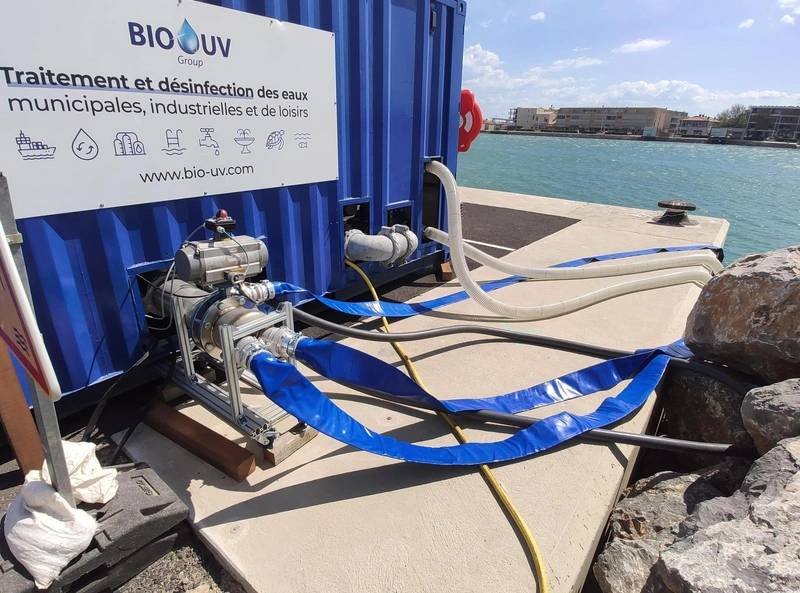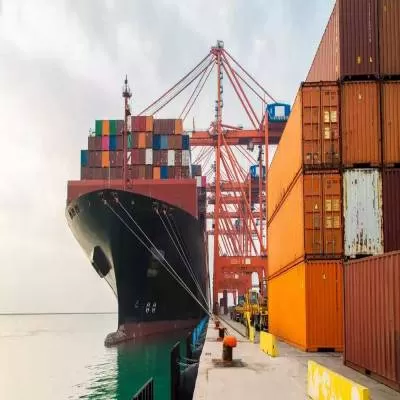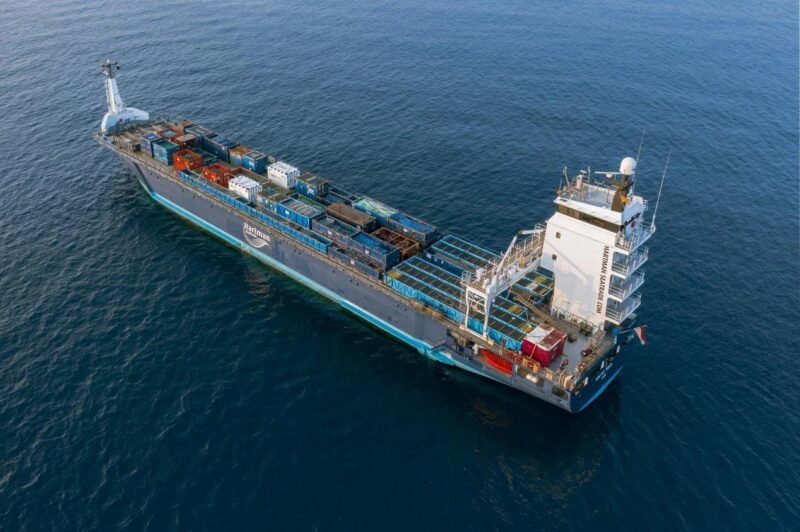The maritime training ecosystem is facing significant challenges due to rapid industry changes, with leaders expressing concerns that compliance-driven learning is hindering seafarer competence. As operational pressures mount, traditional training methods are proving inadequate. Many experts agree that training needs to be more relevant and less focused on ticking boxes, as seafarers struggle to find time for learning amid demanding schedules and shrinking crews.
To address these issues, innovative approaches like gamification, microlearning, and AI-driven personalization are being explored. Industry leaders suggest that training should resemble mobile gaming, allowing seafarers to learn at their own pace, whether onshore or onboard. Short, engaging modules designed for brief attention spans can enhance retention and application of knowledge. The focus is shifting towards immersive, simulation-based programs that align with contemporary learning styles.
However, the industry’s compliance culture often overshadows the need for genuine skill development. Critics argue that existing training frameworks are outdated and fail to keep pace with technological advancements. To foster a more effective training environment, industry stakeholders emphasize the need for flexibility, personalized learning, and a cultural shift that prioritizes curiosity and collaboration among crews. Ultimately, addressing the underlying issues of manning levels and work-hour accuracy is crucial for creating a conducive learning atmosphere.

















